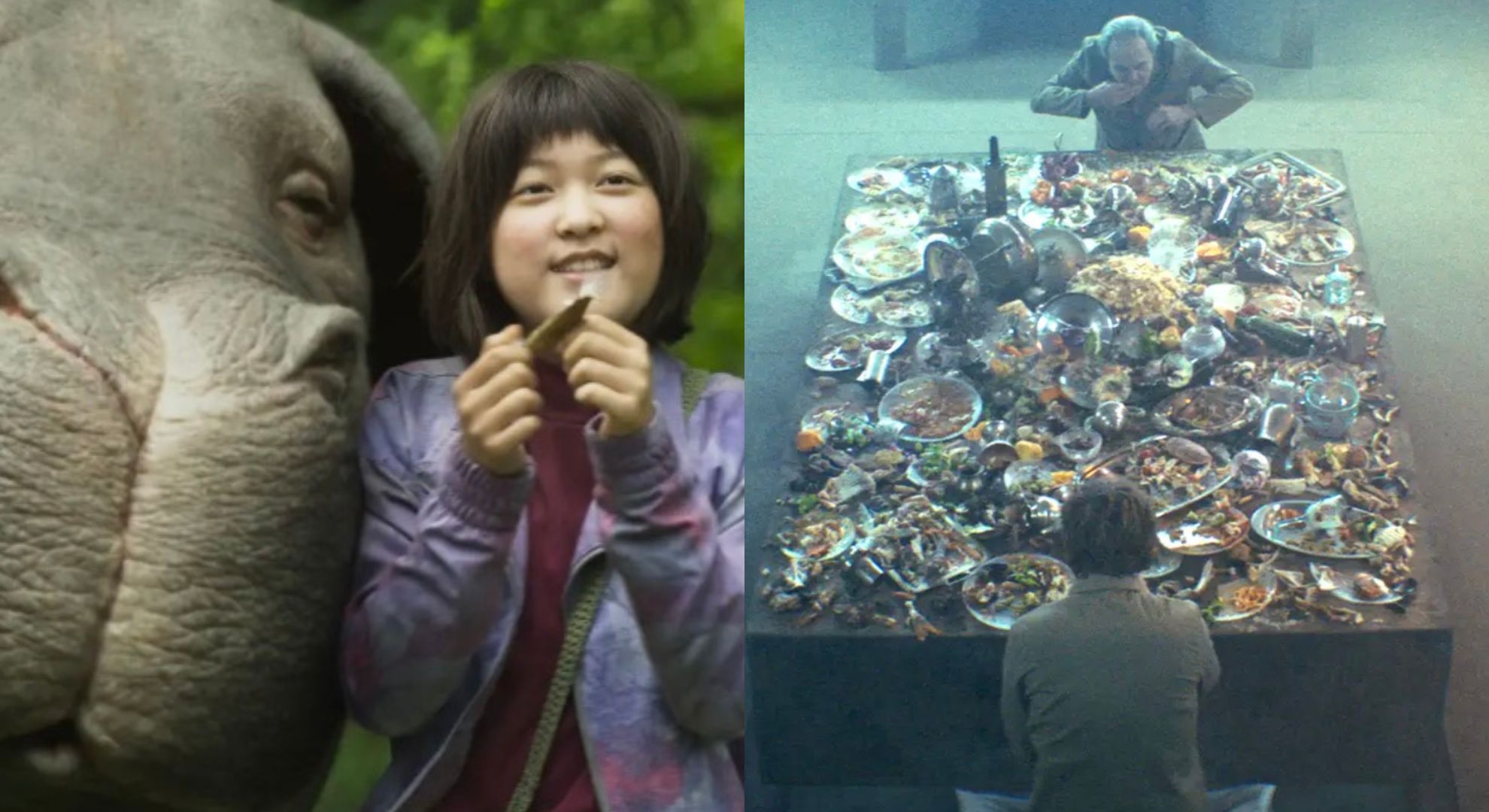Watching films can be more than just a pastime. Just by sitting in front of a television, people can explore distant places, meet hundreds of people, and learn new things. Just like books, films can be a good source of learning, especially about the different stories and issues that society has.
Dystopian films are not the typical genre that many people watch. Others often do not even realize that the film they are watching is dystopian. This genre allows people to travel unimaginable worlds where inequality, oppression, and injustice have prevailed. Dystopian films can give a glimpse of what the world would look like if there is no peace and harmony among the people. Oftentimes, these films are centered on a conflict that characters or even the society itself have to address.
But, aside from the usual terror and fear that dystopian films provide to viewers, they can also be a good way of learning the issues that our society is facing. Most of the time, dystopian films also offer insightful commentaries about the events happening in the world. With that, here are four dystopian films that can surely help you know more about the problems of the society:
The Hunger Games (Poverty and Power)

This trilogy is among the many films that represent what dystopian film is all about. Set in the panem that was classified to districts and ruled by the oppressive capitol, people were forced to participate in a game where they could only win after killing the tributes from other districts. This trilogy revolved around the life of Katniss Everdeen (Jennifer Lawrence) and how she helped to bring order to the panem and its people. The trilogy also provides a clear picture of poverty rooted from the corrupted control of the government of their power.
The Platform (Social Classes)

Similar to The Hunger Games, this film also reflected the problem in the class differences that exist in society. In the film, people are placed in an odd prison that was called “The Pit”, which had a moving platform in their center where their food was being placed. The prison contains various levels and the feast begins from the upper most level. As the platform travels down, the foods were being consumed until the people from the lower levels had little or nothing to eat. This film mirrored the problem of the society in terms of social classes because the wealthy, or those in higher socioeconomic status, have more access to resources, which was symbolized by food in the film.
Okja (Capitalism and Animal Rights and Welfare)
![Okja | Official Trailer [HD] | Netflix](https://i.ytimg.com/vi/AjCebKn4iic/hqdefault.jpg)
This film explored the problem of capitalism through the story of Mija (Seo-hyun Ahn) and Okja, the super pig and the primary character in the story. In the movie, Okja was among the super pigs that were made by the Mirando Corporation. However, the corporation was later found to be mistreating animals. Mija did her best to rescue Okja from the hands of the people who only wanted to make profits out of super pigs like Okja. The movie provided a great reminder on how important it is to protect and value the rights of animals.
Divergent (Social Classes)

The same with The Hunger Games, Divergent is also part of a trilogy (with Insurgent and Allegiant) that was based on books. This film is centered on the life of Beatrice Prior (Shailene Woodley), a divergent, and how she navigated the world where people had to be a part of a faction. The film, together with the other films in the trilogy, also provide a picture of what the society would look like if people have to be a part of a particular group and conform to their views and beliefs.
Other POP! stories that you might like:
6 Dystopian films that will give you haunting thoughts about the future
5 Korean BL series to start binge-watching this year
‘Suzume no Tojimari’ is originally a lesbian romance plot, director reveals
Filipino AROHAs decry TV network’s engagement baiting using ASTRO’s Moonbin
Grimes offers 50% royalties to deep fake her voice for AI-generated music



